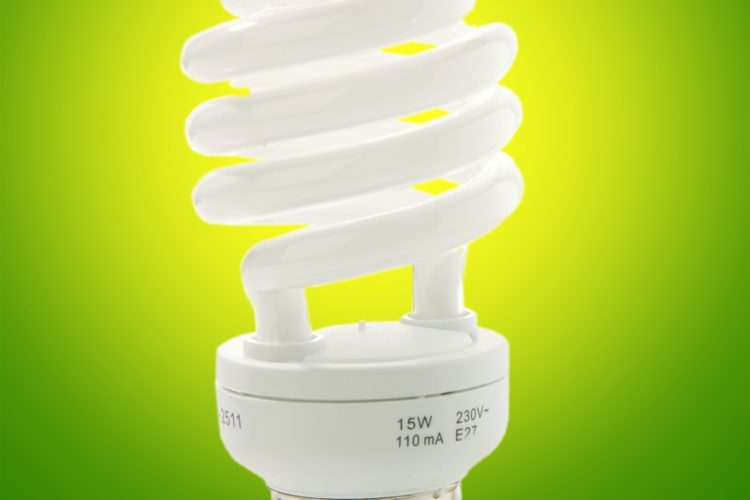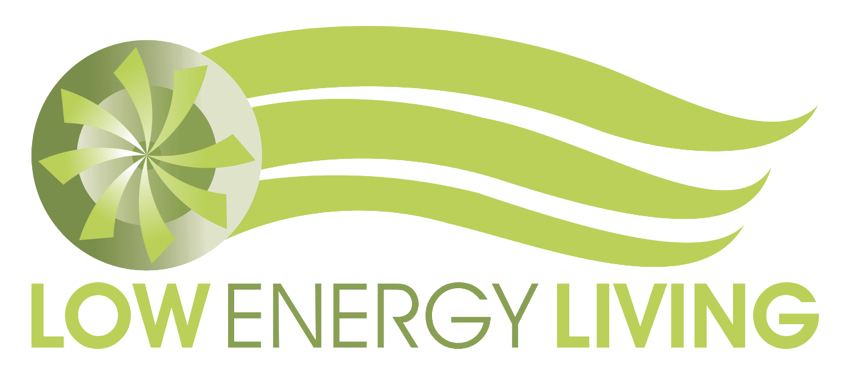
ENERGY SAVING TIPS AND LINKS
It has been estimated that an energy efficient household would use around one third of the energy of a typical household.
The amount of energy used by a household is affected by:
- The number of people living in the household
- What fuels are used – i.e. electricity and/ or gas
- The efficiency of the building, appliances and occupants
Energy usage in a typical NSW household
- Heating and cooling 38%
- Water heating 25%
- Lighting 7%
- Fridges and freezers 7%
- Cooking 4%
- Standby mode 3%
- Other appliances 16%
With that in mind here are some energy saving tips:
General tips on heating and cooling
- Appropriate insulation in ceilings, walls and sub floors can save up to 30% on heating and cooling costs
- Only heat and cool rooms which are in use and close them off to the rest of the house
- Window coverings particularly lined curtains and pelmets help keep heat in during winter and out in summer
Heating
- Radiant heating is very efficient and works on the principle of warming objects within a room which in turn heat the air. As the heated objects become hotter than the surrounding air then radiant heat loss from our bodies is prevented. In fact just like the sun, heat is being radiated to us
- We recommend Nobo heaters as they are a combination of radiant and convection heat. The radiant component emits efficient long term, evenly distributed heat. While the convection component provides an instant start- up
- Choose the right size heater for the area you want to heat so the thermostat cycles on and off
- Zoned heating using thermostats can make substantial saving on heating costs
- Set your heating to between 18 ºC and 21ºC. – lowering the temperature on the thermostat slightly can reduce heating costs substantially
- Open window coverings during the day to let sunlight in and close them at night to keep heat in
- Close all doors especially to cold areas to prevent heat loss by up to 75%
- Stop draughts by sealing gaps around doors and windows and block off unused exhaust fans and chimneys
- Dress in warmer clothing and use blankets
Cooling
- Save energy and money by having one of our Whole House Fans installed so you can cool your whole home including the roof for around 10 cents per hour with up to 40 entire air changes per hour in living areas and 60 times an hour in the roof space. A far better alternative to ducted air conditioning which can be around $1.50 an hour to run
- Keep windows and doors closed during the day to keep heat out and open them at night when the temperature has dropped to clear out hot air and let in cool breezes
- Use windows coverings during the day to reduce solar gain by 40-50%
- Provide shading such as trees, deciduous vine, external blinds and pergolas especially to east and west windows of your home
- Well designed eaves shade summer sun while letting winter sun in
- Ceiling fans are also inexpensive to run but remember that three ceiling fans use as much energy as one Whole House Fan
Water usage
- Installing a solar hot water system can save up to 90% on your hot water costs
- Install AAA rated water efficient shower heads and save up to 70% on hot water costs
- Try to have a shower rather than a bath – a bath uses over 100 L of water while a shower uses less than 30 L
- Try to keep your showers to 3 minutes only by using a timer
- Set the temperature of your hot water to between 60 – 650C
- Fix dripping taps and insulate hot water pipes – a dripping tap can waste up to 12,000 L of hot water each year
- Switch off your hot water system if you go away for a week or more
- Use only cold water if possible especially when using your washing machine and dishwasher
- Use the basin plug when shaving or washing and when brushing teeth only turn tap on when rinsing
Lighting
- Switch off lights (including florescent lights) when not needed – it is a myth that turning lights on and off wastes energy
- Replace old lights globes with compact fluorescent light globes as these use 75% less energy and last 8 times longer
In the kitchen
- Use the dishwasher when it is full using the energy-saving setting, scrap off food from plates rather than rinsing in water and turn off before the drying cycle opening the door to air dry
- Cook with the microwave instead of the oven they use 70% less energy and cook 3 times faster
- Fan forced ovens use 35 % less energy than conventional ovens and gas cook tops are more energy efficient than electric
- An electric kettle uses less energy than boiling on a stove and electric toasters are more efficient than grillers
- Set your fridge at 3 to 4oC and your freezer at -150 to -180, don’t overload them and keep out of direct sunlight
- Allow room for air to circulate on all sides of fridge/freezer, replace door seals if worn and defrost your freezer when required so the flow of hot air is not hindered
- Remember freezers cost more to run than fridges and turn off your second fridge when not in use. If it is old and inefficient get rid of it, most councils have buy back schemes
- Only preheat oven if necessary, avoid opening the door when cooking as it reduces the temperature by up to 200C and ensure seals on oven doors are working well
- Thaw foods completely before cooking, only boil as much water as you need, simmer rather than boiling and use lids on saucepans
In the laundry
- Hang your clothes to dry instead of using the dryer
- Front load machines are up to 15% more water and energy efficient than top loaders
- Most of the energy used by machines is in heating the water use cold water unless clothes are heavily soiled
- Only use the machine when full, use the economy cycle and increase the spin cycle to remove excess water
- Try to use a dryer with a low temperature setting and always clean the filter before use
Other ways to save power around the home
- Use appliances such as dishwashers and washing machines during the off-peak electricity period if possible
- Switch off electrical appliances when not in use at the power point and don’t leave them on ‘stand-by
- Switch off phone and battery chargers when not needed they can still use power when left turned on
- When buying a new appliance look for the energy rating label – the more stars it has the more efficient it is
- Energy star computers with a sleep mode use up to 80 % less energy
- Turn off your computer screen when not in use
Outdoors
- Install programmable timers, daylight sensors or motion sensors to control outdoor security lighting
Your pool
- Ensure your pool pump is no bigger than what is required and use a timer to turn it on and off
- Operate the pool pump only when required or reduce the time you use it to no more than 3 hours a day as longer circulation does not necessarily prevent growth of algae
- As long as the water is circulated when chemicals are added they should remain mixed and it is not necessary to recirculate the water each day to remove debris.
- To control algae using chemicals and scrubbing the walls is the best method and most debris can be removed using a skimmer or vacuum
- Solar is a preferred option for pool heating but consider the energy used to pump the water through the collectors
- Cover the pool with a blanket when not in use as it will conserve water by reducing water evaporation and reduce chemical consumption by 35 – 60 % also it will reduce cleaning time by keeping debris out of the pool
- Ensure intake grates are clear of debris as clogged drains will require the pump to work harder
- Back washing means you save energy as the filter will not have to work so hard but only backwash when necessary or it will be a waste of water
- Turn the pool heater off when it is not needed. It is a myth that it takes more energy to heat a pool back to the desired temperature after turning the heater off. Also note that each degree rise will increase costs by 10-30 %
Energy Saving Links
Your Energy Savings Government Program
Ways to reduce your power bills and reduce your environmental impact
Contact us form on website
NSW Government Environment and Heritage
Government program about sustainability and the environment
Tel: 13 15 55
Sustainability Victoria Government Program
Advice on saving energy and sustainable living
Tel: (03) 8626 8700
http://www.sustainability.vic.gov.au/
ACT SMART Government Program
Advice on saving energy and sustainable living
Tel: 13 22 81
Queensland Department of Natural Resources, Mines and Energy
Advice on saving energy and sustainable living
Tel: 13 74 68
https://www.dews.qld.gov.au/electricity/saving
Department of Climate Change and Energy Efficiency Home Design Guide
Contact us form on website
Department of Climate Change and Energy Efficiency
Ways to reduce Australia’s carbon pollution and combat climate change
Tel: 1800 057 590
Energy Rating Government Program
Save on your power bills by learning about energy rating labels.
Contact us form on website


